What are Eating Disorders?
Eating disorders are a serious mental health condition that affects individuals of all ages, genders, and backgrounds. At Apogee Behavioral Medicine, we provide compassionate, comprehensive care to help individuals overcome eating disorders and achieve lasting recovery. Through tailored therapy and expert psychiatric care, our eating disorder therapists empower patients to regain control and improve their quality of life.
Eating disorders involve complex relationships with food and emotions and are often used as a coping mechanism for difficult feelings or situations. These behaviors may include restricting food intake, overeating, purging, or obsessing over “healthy” eating. Eating disorders are not about food itself but are deeply rooted in emotional and psychological challenges. They are never the individual’s fault, and everyone deserves compassionate, timely support.
Signs & Symptoms of an Eating Disorder
Common signs and symptoms include:
- Obsessive thoughts about food, weight, or body image.
- Extreme changes in eating habits or physical appearance.
- Emotional distress or social withdrawal.
- Physical health concerns such as fatigue, digestive issues, or irregular heart rhythms.
Types of Eating Disorders
- Anorexia Nervosa: Involves severe food restriction and an intense fear of weight gain.
- ARFID (Avoidant/Restrictive Food Intake Disorder): Characterized by limited food intake due to sensory sensitivities or emotional factors.
- Binge Eating Disorder: Frequent episodes of consuming large amounts of food uncontrollably.
- Bulimia Nervosa: Cycles of bingeing followed by purging behaviors like vomiting or excessive exercise.
- Orthorexia: An obsession with eating only “pure” or “healthy” foods, interfering with daily life.
- PICA: Eating non-food substances like paper, chalk, or soap.
- Rumination Disorder: Repeated regurgitation of food, often re-chewed or re-swallowed.

Why Therapy for Eating Disorders?
According to ANAD, approximately 9% of the U.S. population, or 28.8 million Americans, will have an eating disorder within their lifetime. Eating disorder counseling is for anyone struggling with disordered eating behaviors or related emotional challenges. Whether you’re experiencing a diagnosed eating disorder or symptoms that disrupt your life, our treatments for eating disorders are here to help.
At Apogee Behavioral Medicine, we understand that seeking help for an eating disorder can be overwhelming. Our team is dedicated to providing a safe and welcoming space where you can feel comfortable sharing your experiences. During your consultation, our North Carolina eating disorder therapists will take the time to listen to your concerns and tailor a treatment plan that meets your unique needs. We utilize evidence-based practices, including cognitive behavioral therapy, to help you challenge negative thoughts and develop healthier coping strategies.
How Is an Eating Disorder Diagnosed?
Diagnosis typically involves:
- A comprehensive evaluation of emotional and behavioral patterns.
- Physical assessments, including height, weight, and blood tests.
- Collaboration with specialists to identify the specific type of eating disorder.
Treatment Options for Eating Disorders
Medication
Medication can address co-occurring conditions like anxiety or depression that may exacerbate eating disorders.
Therapy
Therapeutic approaches such as cognitive-behavioral therapy (CBT), family therapy, and psychoeducation help individuals develop healthy coping mechanisms.
Lifestyle Changes
Structured routines, balanced nutrition, and stress management are integral to long-term recovery.
Same Day Appointments Available
Apogee Behavioral Medicine offers same-day in-office or telehealth appointments. Let Apogee Behavioral Medicine guide you or your loved one on the path to recovery with our Eating Disorder therapists in North Carolina. Compassionate care starts here.

Take the first step toward recovery. Call us at (855) 409-9002 or complete our online form to schedule a consultation with one of our compassionate therapists or psychiatrists and get started on your treatment plan.
FAQs About Eating Disorders
CBT helps identify and change unhealthy thought patterns and behaviors related to food and body image.
Therapy involves a supportive environment to explore emotions, develop coping skills, and create a healthy relationship with food.
Common disorders include anorexia, bulimia, binge eating disorder, ARFID, orthorexia, PICA, and rumination disorder.
Insurances Accepted


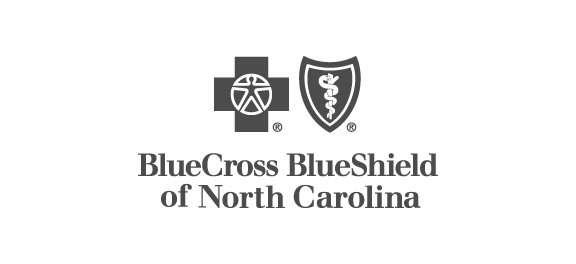
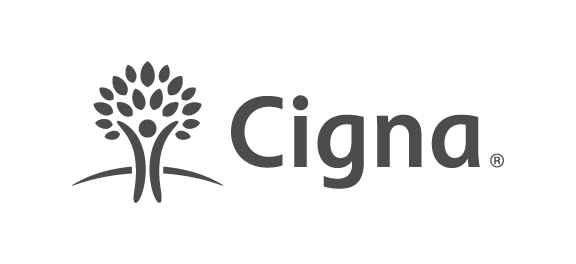


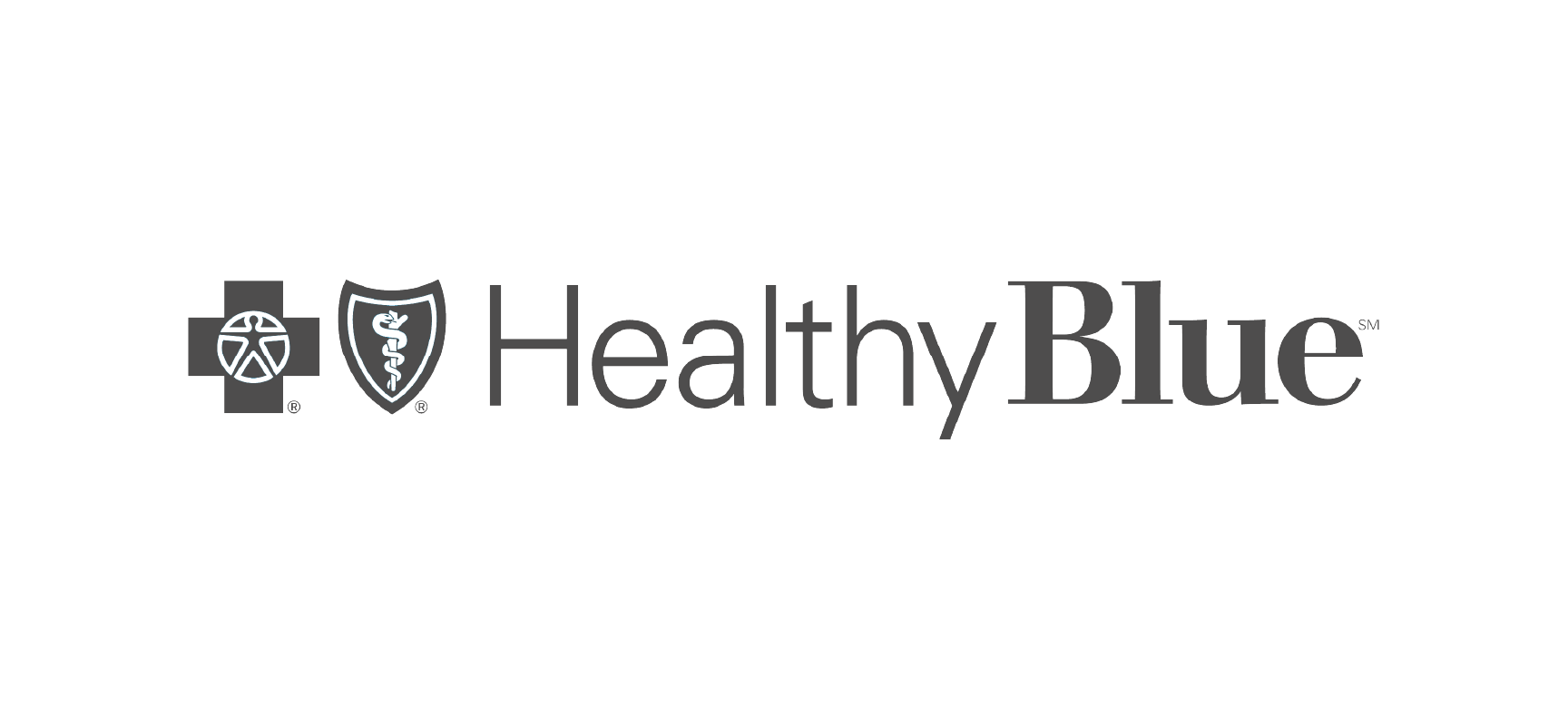



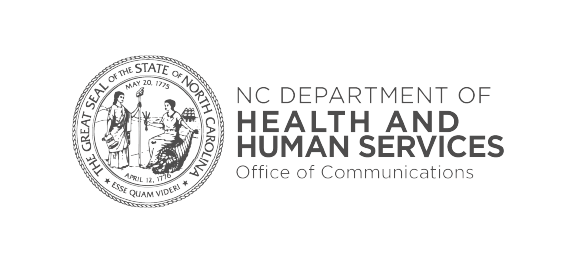

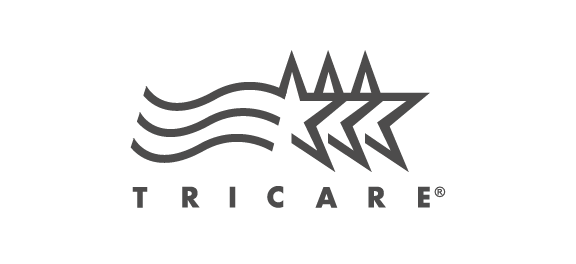



Call us at (855) 409-9002 to see if you are covered.
Insurance plans may vary by state and are subject to change.
